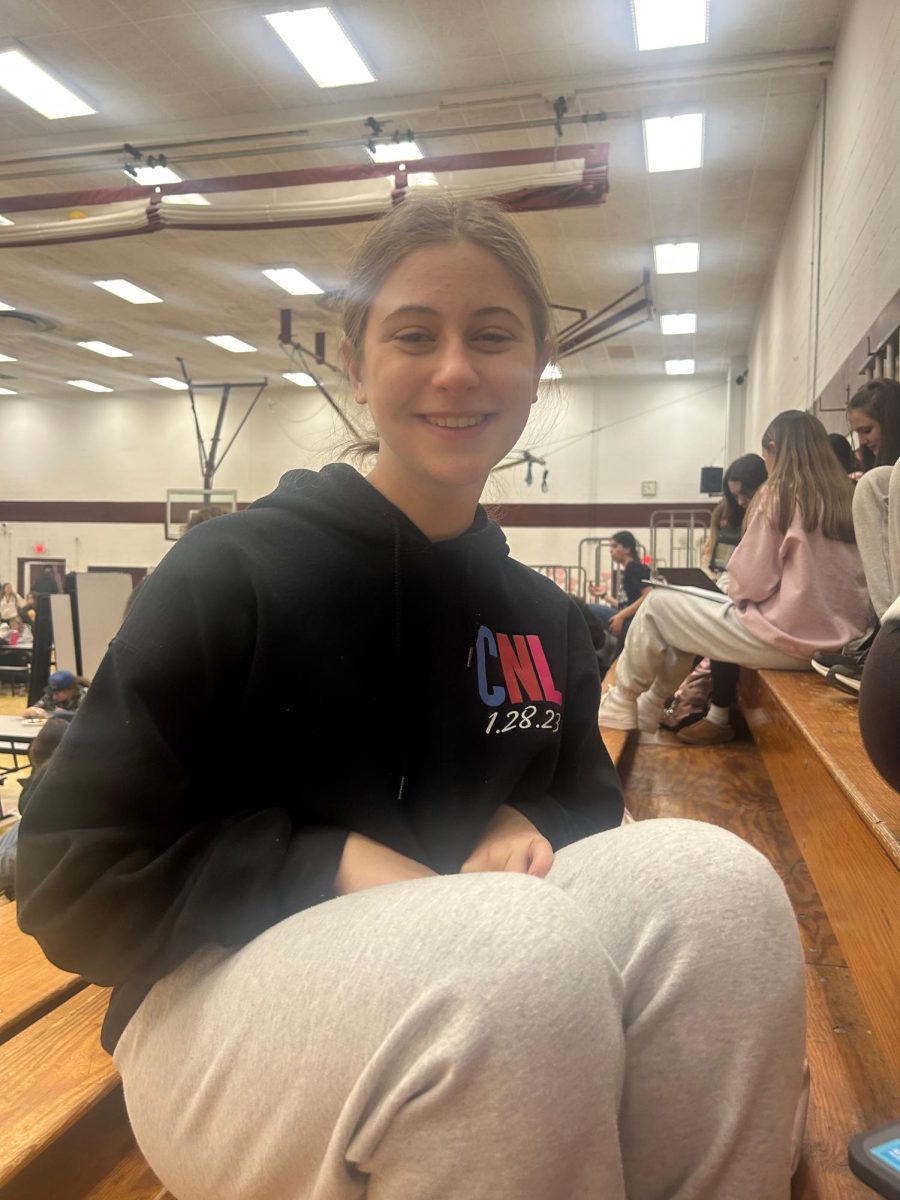Update On COVID Vaccine

November 30, 2020
Pfizer, an American multinational pharmaceutical corporation, announced their COVID Vaccine should be ready for frontline workers and healthcare professionals by the end of December.
After September, scientists and healthcare workers were baffled to find that the number of COVID cases were steadily rising. On November 15th, the number of cases surpassed 11 million, only one week after reaching 10 million. The number of fatalities from the virus now remains at least 244,000. We need a vaccine now more than ever.
Pfizer and BioNTech’s collaborative mRNA based vaccine has made monumental advancements. Pfizer funded their trials with $2 billion from its bank account. Pfizer announced that their vaccine is over 90% effective based on the results from their late phase 3 clinical trial. Pfizer’s data showed that of the 43,538 participants, with 42% having diverse backgrounds, no serious safety concerns have been observed. The pharmaceutical company can not apply for FDA Emergency Use Authorization based on these efficacy results alone. More data on safety is needed. Dr. Fauci, the director of the National Institute of Allergy and Infectious Diseases, commented on CNN that Pfizer’s vaccine stage 3 trials should wrap up sometime by November 18th .
Moderna, a biotechnology company funded mainly by the U.S. government to support research and development, has also made significant advancements in the medical race to a vaccine. Moderna is conducting a clinical trial of 30,000 participants, with half receiving a placebo and the other half getting the potential vaccine. Moderna’s preliminary analysis has shown that their vaccine is over 94 percent effective. This evidence gives hope that a vaccine may be available by the end of 2020.
Though both Pfizer and Moderna have been successful with their potential vaccines, there are major differences between the two. First, Moderna could offer two-shot doses given four weeks apart. Pfizer, on the other hand, could provide two-shot doses to give 3 weeks apart. Second, Pfizer’s vaccine must be stored at -90 degrees while Moderna can be stored at -4 degrees. Certain technology is being used by both companies to inject the genes for “spike proteins” into healthy cells to induce an immune response.
Six vaccines were approved for limited use within China and Russia. These were administered without receiving the results of phase three trials. Health officials have warned that rushing the process comes with severe risks. The head of the FDA’s Center for Biologics Evaluation and Research has commented the agency will move swiftly but will not cut corners or rush the process. Scientists and doctors are taking their time to combat errors and ensure the safety of any potential vaccine.
After companies complete stage 3 of their clinical trials, which will test the effectiveness of their vaccines, they will be able to decipher if the vaccine is ready for the world. After stage 3, vaccine manufacturers apply to the U.S. Food and Drug Administration (FDA). At this stage, clinical trial data is reviewed to make sure the vaccine is safe and effective. Once the vaccine is approved, it needs to be distributed to immunize those who need it. Even after the vaccine is approved, regulatory agencies stay involved to continue to monitor the production and results of the vaccine.
Hackensack University Medical Center has been one of New Jersey’s most successful hospitals when it comes to treating and discharging COVID patients. In late April, they announced that they had discharged their 100th COVID patient, a huge milestone in Hackensack. Meridian Health’s mission is to continue COVID-19 treatment. Since then, Hackensack University Medical Center has been conducting its own COVID Trial.
“Having the vaccine is exactly what we need to combat this pandemic,” says Dr. Jodi Galesi. “In order to get back to normal life, we need FDA approval on these vaccines and to make them available to the public. The numbers are picking up and we need a vaccine before it gets even worse than it was in the spring. As a healthcare professional, I am not nervous or excited about the vaccine. I wish getting the vaccine wasn’t a decision we had to make, but I am ready to face the pandemic strongly. I don’t think we will ever get back to normal life, but the vaccine is needed for a glimpse of normality.”
Once the vaccine becomes available to the general public, students and teachers will be able to get the vaccine. The COVID vaccine may be mandatory in the upcoming years.
“The potential COVID vaccines are one step closer to ending this pandemic,” says Sophomore Skylar Levitt. “I feel that once the vaccine is released, everyone will become a lot less worried. If it became available to the general public next year, I would not get it immediately. I would want to see how it works and its side effects before I get it.”
Other students are thrilled to be a part of medical history by getting the vaccine. “I’m super excited for the vaccine to come out because that will mean everything will start going back to normal,” says Sophomore Roxanne Vasilopolous. “Once it comes out, I will most likely be getting it to reduce the risk of getting COVID.”
Health officials everywhere are preparing for medical history. Although the COVID vaccine will not be available to the public until at least spring, the progress being made is monumental.






